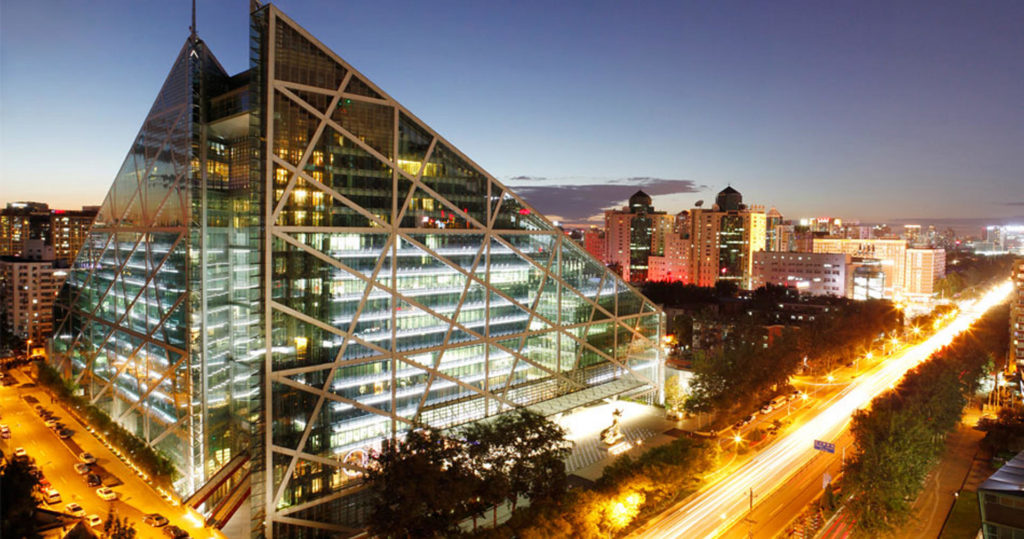The 2018 World Robot Contest (WRC) Finals was held in Wuhan Development Zone in central China’s Hubei Province from July 27 to 29. Over 5,000 contestants representing several hundred teams from over a dozen countries along the “Belt and Road” including China, Israel, Russia and Australia participated in the contest.
As the top-rated and most professional robot game in China, the WRC attracted many top players, some of them having been crowned world champions or set world records.
According to the Publicity Department of Wuhan Development Zone Working Committee (Hannan District Committee), the contest was jointly held by Ministry of Industry and Information Technology, Chinese Institute of Electronics and Wuhan Development Zone.
During the three-day event, competitions such as robot soccer matches, underwater detection, as well as offense and defense confrontations were held.
In the competition field, four Indian contestants were calibrating their robots. They were from a team that took the first place in the unmanned aerial vehicle group of a national robot competition in India. One of them, now a junior student majoring in electronic telecommunication engineering at a technology university in New Delhi, has already started a company developing and marketing a cleaning robot using solar energy.
Zhu Biyun, the national champion of last year’s RoboCup, was busying operating his robots in a 3V3 soccer game. The field was six meters long and four meters wide, and the “football” was about the size of a ping pong ball. Zhu seized a golden opportunity and scored.
“It’s in!” Zhu was excited. On top of each robot there were five color codes, and two parallel cameras above the soccer field. After the cameras sent the photos to a computer for analysis, the positions of robots and the ball could be determined for automatic decision-making. Further moves would be sent to the robots by signals.
“we are more like coaches. The moves of robots are not determined by us, but algorithm. Quality of programs and condition of robots usually determine the results,” he said.
According to Zhang Chun, the contest director, the 2018 WRC was also a platform for technical exchange, promotion and talent training, which greatly enhanced global cooperation in robotics industry.
Statistics show that the size of global robot market reached 160 billion yuan in 2017, and is expected to top 240 billion yuan by 2020. Wuhan Development Zone has thus proposed to transform itself into a “capital of robots.”
The zone has been known as the “capital of cars” due to its strong automobile industry. Last year, it achieved a total output value of 144.3 billion yuan, ranking the first in Wuhan. The automobile and auto parts industries accounted for 75 percent. However, as the development of China’s automobile industry has slowed down from the previous high and medium speed, the local government has eyed robotics as its new growth engine.
A sound industrial base and application market have rendered the development zone a main battlefield in Wuhan’s industrial economic development. The development zone has put about 3,500 units of robots into use. Its density of industrial robot use is about 100 units per 10,000 workers, which is above the national average but still lags behind world’s developed countries.
To narrow the gap, a robot town is being built in the zone to achieve the industry’s annual output value goal of 10 billion yuan by 2020, 30 billion yuan by 2022, and 50 billion yuan by 2025.
The holding of the WRC is a step forward for the construction of the robot town. The development zone will solicit capital, technology and talents in fields of big data, cloud computing, and industrial Internet of Things to form an ecosystem surrounding robot industry. Wuhan Development Zone is set to become a robot industry base of national importance and global influence in the near future.
Source: The Publicity Department of Wuhan Development Zone Working Committee (Hannan District Committee)

